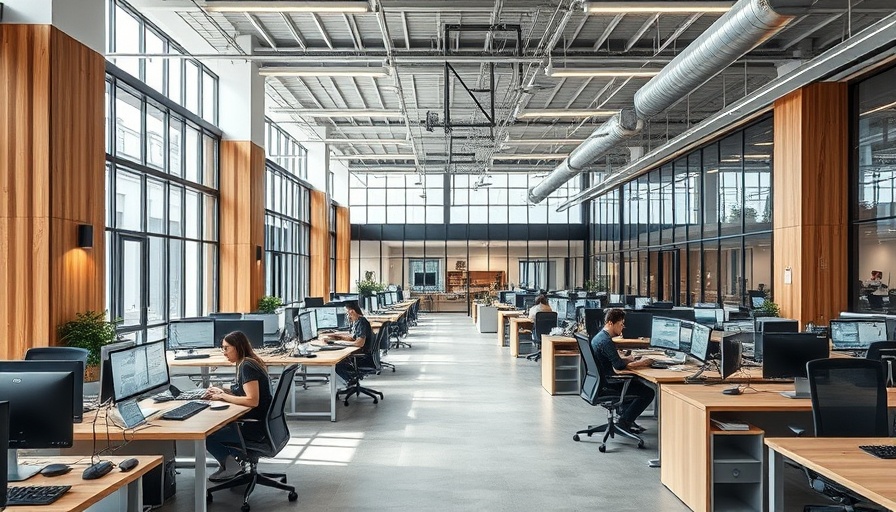
The Remote Work Revolution: A Paradigm Shift
The world of work is currently at a crossroads, characterized by a dramatic shift in how employees view their work environments. Over the past few years, a significant transformation has taken place as workers around the globe embraced remote work. The flexibility of being able to work from home has become a treasure trove for many, who are now hesitant to abandon these newfound freedoms. In response, numerous corporations, including industry giants like JP Morgan and Amazon, are pushing for a return-to-office (RTO) mandate—an effort that seems to push against the tide of a changing workplace dynamic.
Why Location is Losing Its Importance
For many workers today, the question arises: If a job can be performed successfully from any location, why does it still matter where that work is conducted? The argument for maintaining strict office spaces seems increasingly outdated in a world that prioritizes productivity and results over mere presence. Employees have demonstrated that they can deliver their best work remotely, which raises pertinent questions about the necessity of physical offices.
The AI Factor: A Disruptor in the Workplace
While the remote work debate has been lively, it may pale in comparison to the seismic changes that AI is about to introduce into the workforce. As businesses adapt to remote or hybrid models, they must also recognize the immense impact that artificial intelligence will have on how work gets done. Companies face an essential challenge: to adapt their practices in ways that weave artificial intelligence into daily operations while benefiting their human employees.
A New Path Forward: Embracing Adaptation
Resistance to change often stems from generational divides, particularly among Baby Boomers and Generation X leaders who may feel threatened by the evolving workplace. The traditional mindset, placing high value on physical presence, is rapidly becoming obsolete. Organizations that cling to outdated beliefs about work risk losing top talent and alienating a workforce that thrives in more flexible environments. Adaptation is not simply recommended; it is essential for survival in the modern labor market.
Breaking Free from Presenteeism
The outdated belief in presenteeism—the idea that employees need to be physically present in an office to be productive—is increasingly becoming a relic of the past. As we have seen, employees can be just as productive, if not more so, in a remote setup. Companies that fail to understand this shift risk falling into the same pitfalls as those who did not evolve with the times during past industrial revolutions.
Looking Ahead: The Future of Work is Flexible
As we forge ahead, businesses must embrace the opportunities afforded by both remote work and artificial intelligence. This new world of work emphasizes not just where employees work but how they work. Companies that can integrate flexibility with technology while creating a supportive environment for employees to thrive will emerge as frontrunners in the battle for top talent.
Conclusion: Actionable Insights for CEOs and Managers
In order to successfully navigate the challenges posed by shifting workplace dynamics, companies can implement several actionable strategies. First, encouraging a culture of remote work flexibility can contribute to increased satisfaction and productivity among employees. Secondly, organizations should prioritize employee training on how to best leverage AI tools to enhance their roles. By recognizing that the landscape of work is evolving, businesses can future-proof themselves and pave the way for sustained success.
 Add Row
Add Row  Add
Add 




Write A Comment